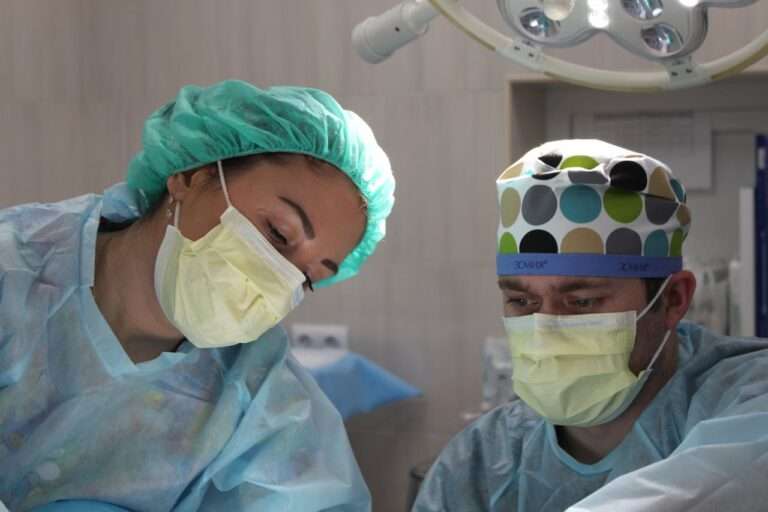What are the risks and complications of pediatric surgery?
Pediatric surgery, like any medical procedure, involves certain risks and complications that can vary based on the type of surgery, the age and health of the child, and other factors. However, there are some general risks and complications associated with surgeries in children. These include:
- Anesthetic Risks: Children, especially very young ones, can be more sensitive to anesthesia. There can be risks of adverse reactions, including breathing difficulties, allergic reactions, and in rare cases, malignant hyperthermia (a severe reaction with a rapid increase in body temperature and severe muscle contractions).
- Infection: As with any surgery, there’s a risk of infection at the site of the surgery. Infections can range from minor to severe and may require additional treatment with antibiotics or further surgery in serious cases.
- Bleeding: Excessive bleeding can occur during or after surgery, which might necessitate a blood transfusion or additional surgeries to control the bleeding.
- Blood Clots: Surgery can increase the risk of blood clots, particularly in children with certain underlying health conditions. Clots can be dangerous if they travel to the lungs (pulmonary embolism), brain (stroke), or heart (heart attack).
- Damage to Surrounding Tissues or Organs: During surgery, there’s a risk of unintentional damage to surrounding tissues or organs. This can result from surgical instruments or complications during the procedure.
- Delayed Healing or Complications in Healing: Some children may experience slower healing times or complications in the healing process, such as dehiscence (wound reopening) or the development of keloids (excessive scar tissue).
- Pain and Discomfort: Postoperative pain is a common complication, requiring careful management to ensure the child’s comfort and to prevent chronic pain issues.
- Psychological Impact: The experience of undergoing surgery can be traumatic for children, potentially leading to anxiety, fear of medical settings, or post-traumatic stress disorder (PTSD) in some cases.
- Reaction to Medications: Children may have adverse reactions to medications used during or after surgery, including pain relief and antibiotics.
- Long-term Complications: Depending on the type of surgery and the individual child, there can be long-term complications such as growth problems in the operated area, loss of function, or the need for additional surgeries.
It’s important for parents and caregivers to discuss these potential risks and complications with the child’s surgical team before the procedure. The healthcare team will take steps to minimize risks, such as conducting thorough preoperative assessments, using appropriate surgical techniques, and closely monitoring the child during and after the procedure.
------------From our Sponsors------------







